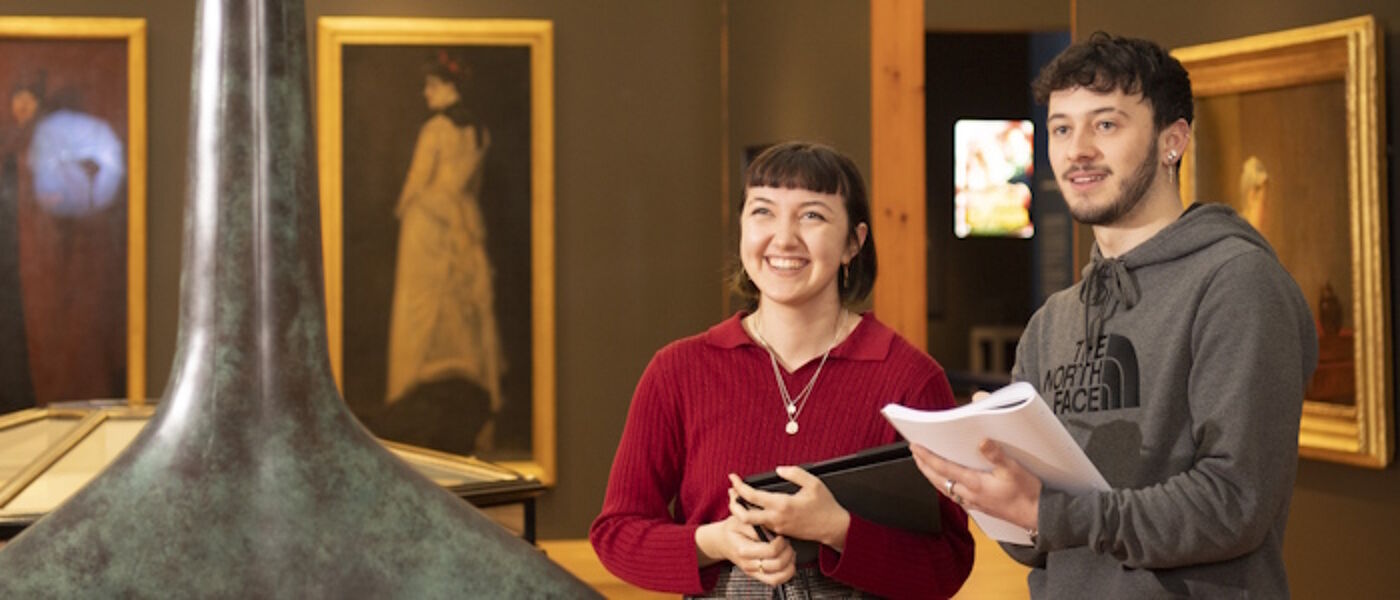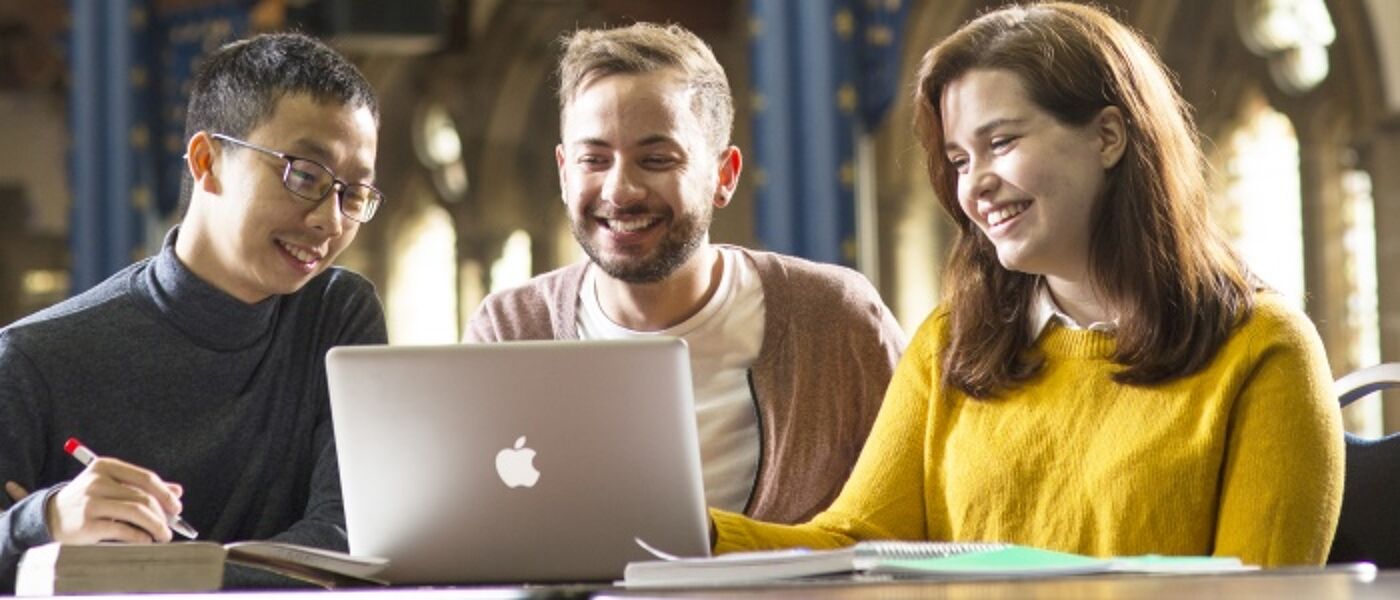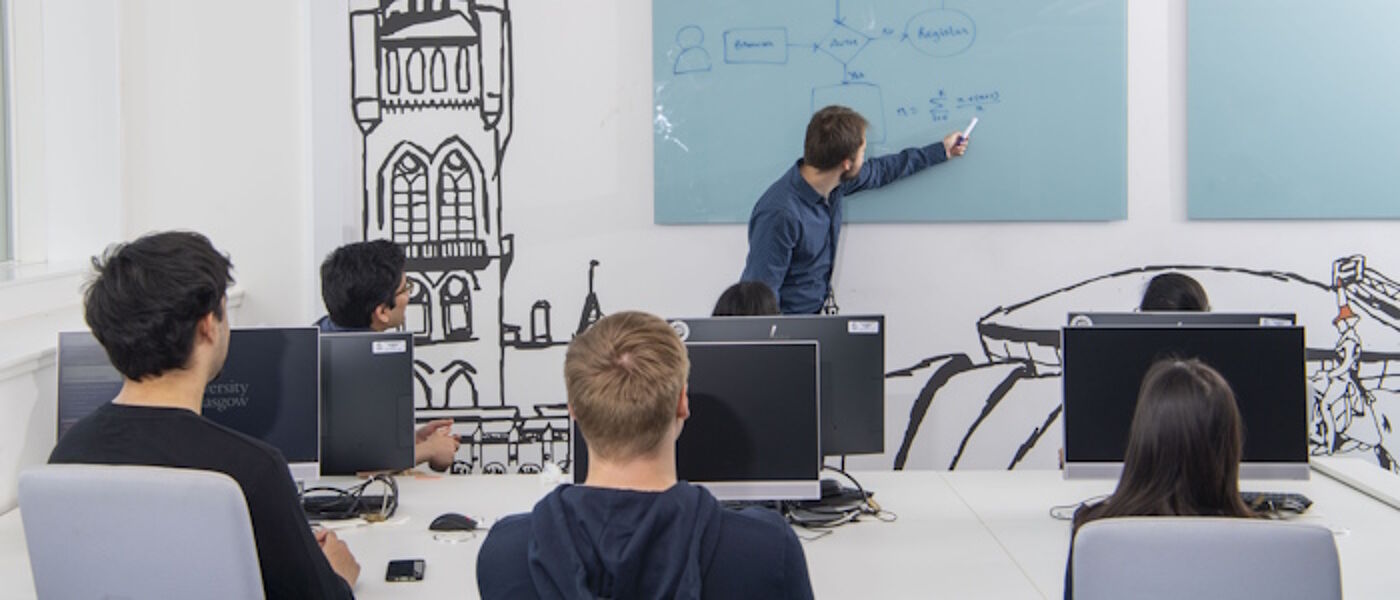
Recognition for your teaching
Recognising Excellence in Teaching (RET) is the University's professional recognition framework:
- About RET (includes link to book introductory session)
- List of Principal and Senior Fellows

Media and Digital Development

Resources for Staff
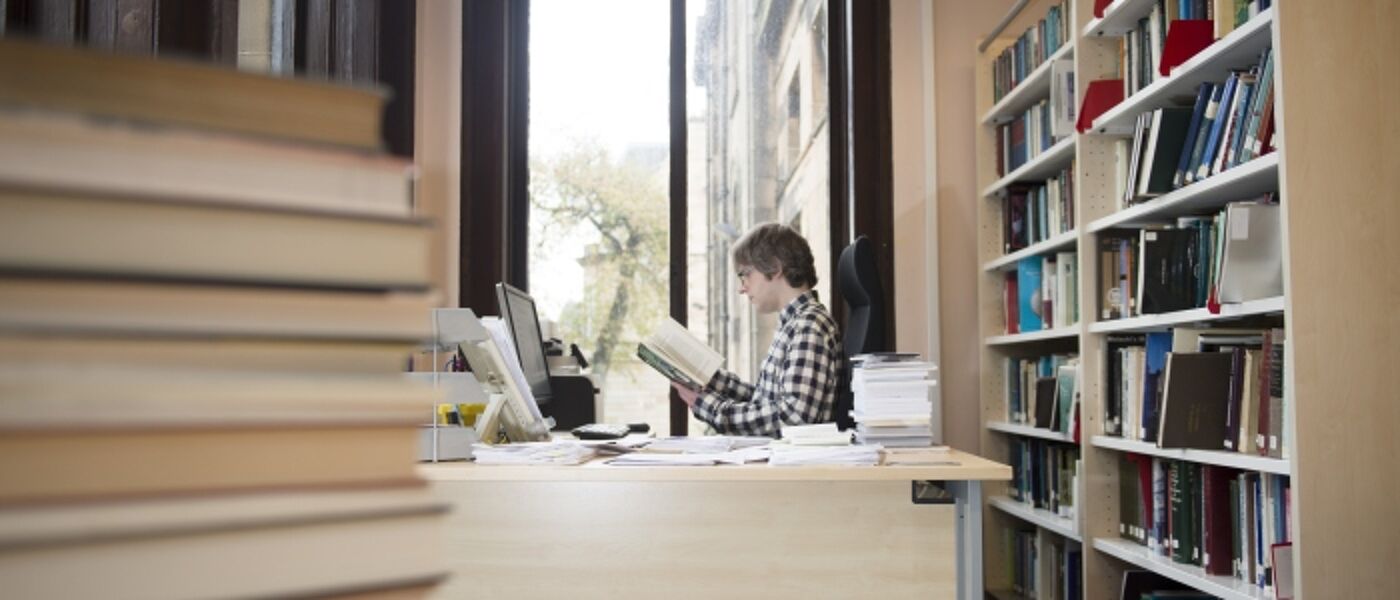
Scholarship of Teaching and Learning (SoTL)
- SoTL Blog
- SoTL Ethics Committee
- SoTL Resources
- SoTL Network (link to Teams for UofG staff)
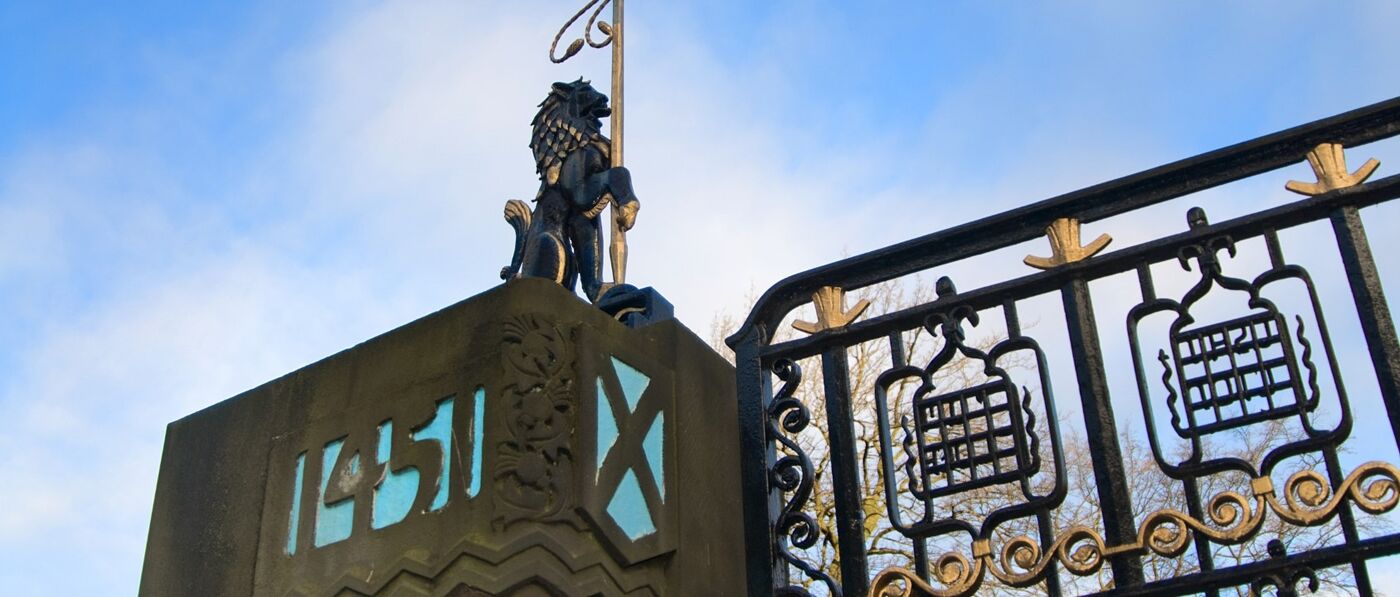
Contact Us
The correct email address for each taught course and RET will be found on those web pages. Details of how to contact the Media Team will be found on their web pages.
Enquiries not related to taught courses, RET or the Media Team
Good Practice in L&T (Teams link for UofG staff)



